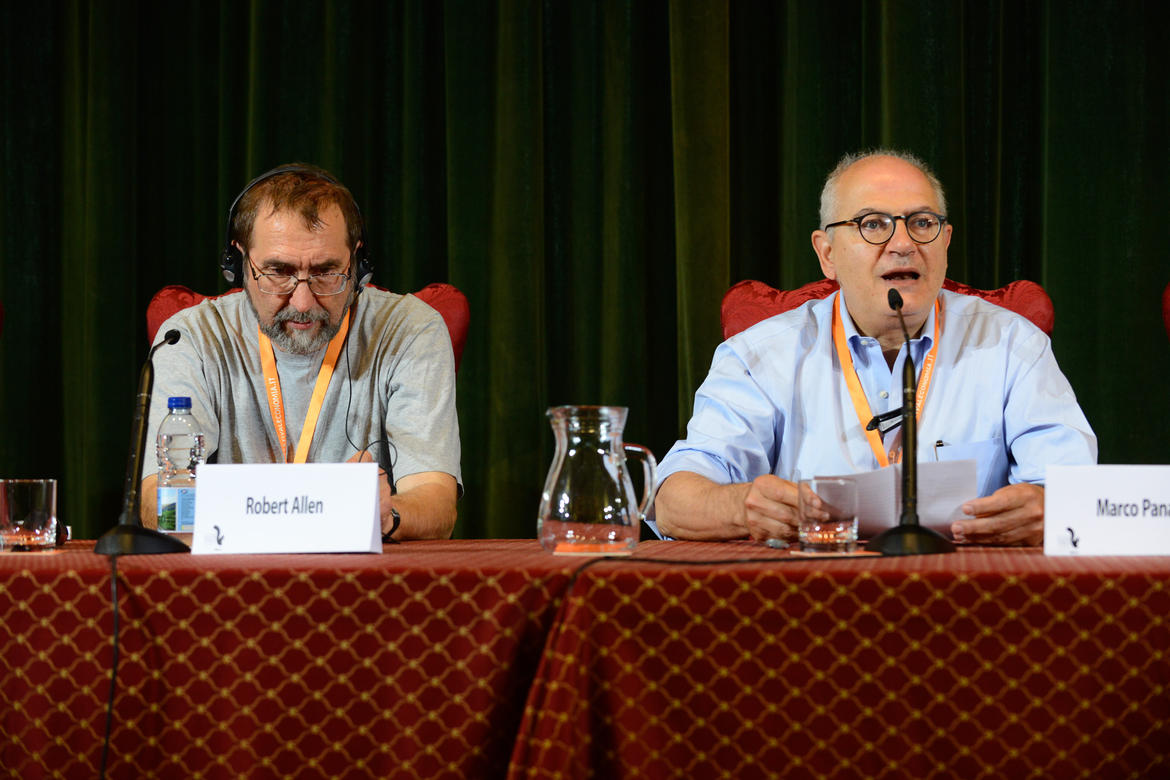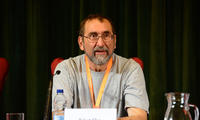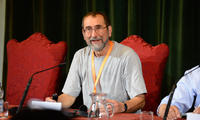
The questions that individuals and societies have about technology and technological progress today are the same questions that were posed in the 1750s. Allen calls himself a pessimist and says two things need to be taken into account before looking at history. First, in the long-run there is substantial economic growth because of new technology and equipment. However, in the short-run there are lots of losers and displacement. Secondly, a global perspective with a touch of morality needs to be taken as technological development in one place of the world may mean loses and costs in another.
Allen focused on the case of the Industrial Revolution of Britain and why it shifted to capital intensive industry evolving into the Industrial Revolution. The immediate causes of industrialization were high wages and cheap energy. Usually, there is an inverse relationship between population growth and wages. After 1600, in Britain wages did not go down as the population grew incentivizing firms to move to more capital intensive production to reduce production costs and increase profits. Cheap coal energy helped firms make this transition to machine technology. Between 1770-1830, during the first phase of industrialization wages did not follow the increase of productivity with machines. In 1830, wages began to increase with productivity.
From 1830-1970, inequality began to decline with higher wages and innovation in rich countries toward labor saving technology continued. Outside of the rich countries, poor countries remained unable to maximize technological gains because the low labor costs within their countries disincentivizing firms from innovating away from labor intensive production. As globalization has grown the low cost of labor in poorer countries has forced richer countries to create more robot manufacturing processes to compete with the low labor costs in poorer countries.
Taking all of this into account, what will the future hold? Allen says that “it will be okay”. As technology as developed real wages have increased, new jobs have been created and the world is at a possible all time high in adult employment.
Watch the interview with Robert Allen: https://youtu.be/rdsOXSE4rjM
Website: https://2018.festivaleconomia.eu/home
Twitter: https://twitter.com/economicsfest
Facebook: http://www.facebook.com/festivaleconomiatrento
Instagram: https://www.instagram.com/festivaleconomia/











